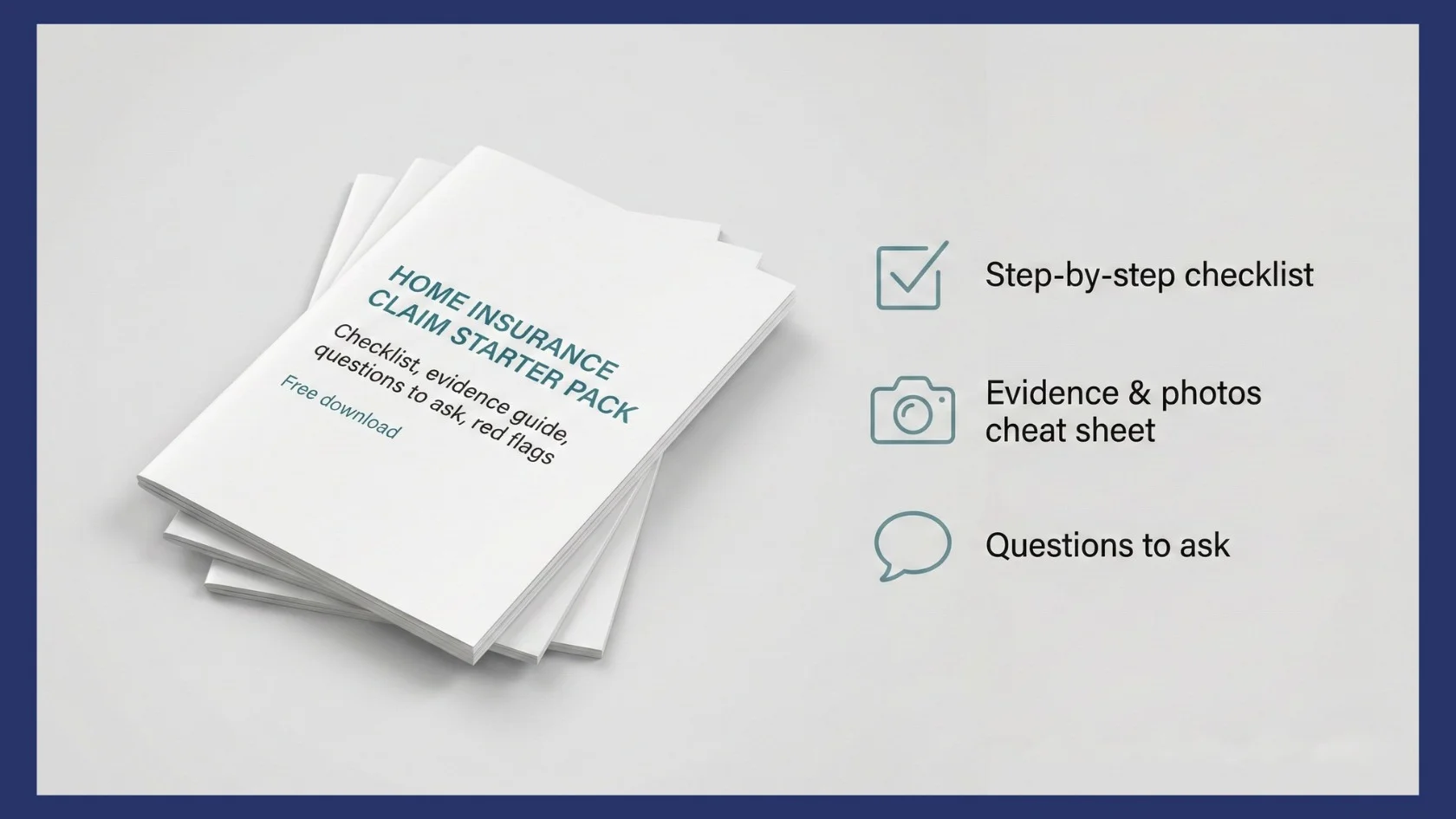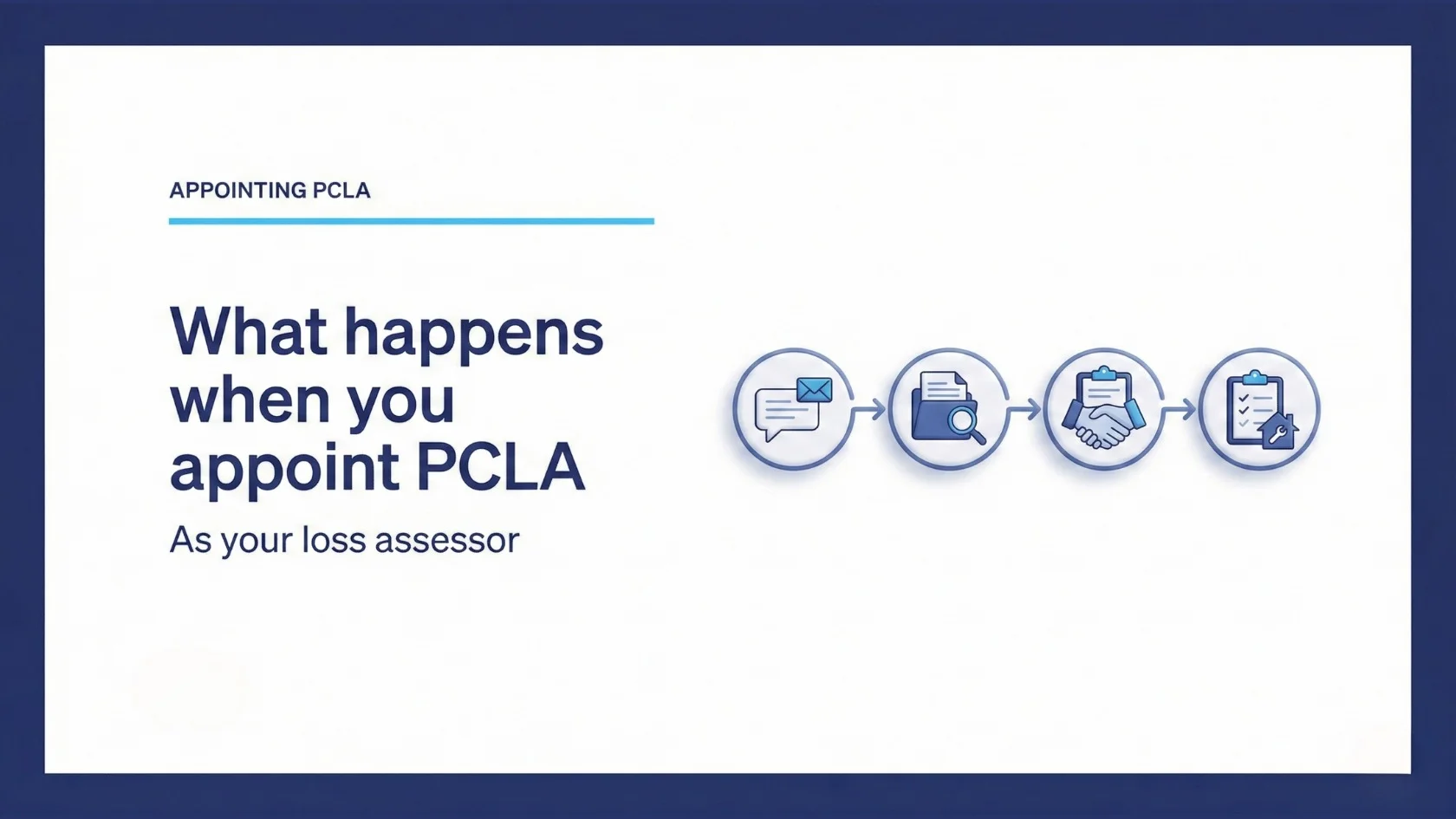The UK is in the midst of a cost of living crisis. Inflation is high and this is affecting prices and affordability for the general public.
From gas to oil to food to clothing to mortgage rates and more, costs appear to be constantly rising across the board. This is having a significant impact on household finances with many people cutting back on non-essential items to try and save money.
At times like this, when cutting back is prevalent, people may also be thinking ‘Do I really need home Insurance?’
Whilst it may be natural to ask this question in these hard-pressed times, we believe now is a good time to take a closer look at what insurance provides along with its benefits. But before we get into that, let’s take a quick look at what insurance really is.
When did insurance begin?
Insurance has been in existence for millennia, with rudimentary forms first recorded in Babylonian times when traders used it to protect their cargoes from the risk of loss while at sea. Back then they would pay for guarantees for a specified incident. For example, if something happened to their cargo while being transported, they would be compensated for this loss.
The modern-day form of insurance that you and I would understand, began in London in the 1600’s at a coffee house run by Edward Lloyd. It came from the same need to protect ships and shipping cargoes.
It was at this coffee house that businessmen would mix with sailors and merchants and undertake dealings to provide them with insurance cover for their ships, should they be damaged or lost, in return for a fee or ‘premium’. This ‘market’ became the Lloyd’s market that exists today and many of the present day legal principles of insurance were derived from then.
However, nowadays, it is not in coffee houses that insurance is bought and sold (although there may be one somewhere that proves this wrong) but through brokers, online or directly through Insurance companies. But the basic premise remains that, in return for a premium, insurance exists to protect persons against financial loss should damage be sustained to their property.
What is insurance?
Following on from the above, it can be said that the main function of insurance is to act as a risk transfer mechanism. It takes away the risk of having to pay for damage from the Insured and places it with the Insurer.
Insurance is a legally binding contract between two parties, the Insured and Insurer, whereby the Insurer promises to pay to place the Insured in their pre-incident condition should an insured peril occur. This promise is made in return for a premium paid based on the risk the Insurer evaluates.
For example, a person may take out a policy with an insurer to cover any damage to their home should a pipe burst. If the leak occurs during the period of cover and causes water to escape and flood through the property, bringing down ceilings, affecting floors, walls, contents etc. an insurance policy would pay for the cost of fixing this damage so that the property is put back to the standard it was in prior to the leak occurring.
Whilst the homeowner would have had to pay the Insurer a premium to take out a policy which covered this event (not knowing whether the event would happen or not), the cost of doing so would likely be a lot less than if an insurance policy was not in place at all. The owner has therefore transferred the risk of paying for the damage arising from this leak from themselves to the insurer.
How is an insurance policy taken out?
As mentioned above, an insurance policy is a legally binding contract between two parties, these being the Insurer and the person to be Insured.
It starts with the person wishing to take out a policy (the proposer) providing information to the insurer which will allow it to evaluate the risk being put forward e.g. the age of a house, the size of it, the estimated cost to rebuild it should it be damaged, whether it is in a flood prone area, etc. This information is provided in a document known as the proposal form.
The insurer then reviews the proposal form and decides, firstly, whether they want to cover the risk, and if they do, how much they want to charge the proposer for doing so. If the proposer accepts the Insurer’s offer of cover and pays the premium, a contract of insurance is formed and the proposer becomes the Insured.
The Insured then has a guarantee from the Insurer that should a pre-agreed event occur during the period of insurance, which results in damage to the subject matter of the insurance policy, that the Insurer will pay to compensate or indemnify the insured for that loss.
Is home insurance really necessary?
Home insurance covers your home against damages from water, fire, theft, vandalism, storm damage, and so on. But home insurance is one of those things you don’t think about until something happens to your house. In other words, if you don’t insure your home, you could end up losing everything!
What are the risks of not having homeowners insurance?
To insure or not to insure? That is the question.
For most people their home is their most valuable asset. People may save for years to build a deposit. They then take out a mortgage for 100’s of thousands of pounds and work day in day out to pay it back. But, if the worst happened and this was lost, what would you do?
People may view insurance as an abstract idea as they have never had any call to use it or they may hear scare stories about how insurance companies turn down claims. So it’s understandable that people may start to question if they need insurance during a cost of living crisis.
A recent article from the Association of British Insurers says that despite the cost of everything else rising, the cost of home insurance is one of the only costs that are falling. It’s easy to look for quick ways to save cash, but should you really put the value of your home at risk?
For most people, the risk of a catastrophic event causing a total loss of their property would justify the relatively low cost of insurance.
What are the benefits of home insurance?
There are many reasons why you should insure your home. Here are the most common benefits.
Protecting your investment
When you buy a house, you’re not just making a home. You’re making a big financial commitment. When you own a house, you’ll spend thousands of pounds each year on mortgage payments, council tax, rates, maintenance costs, utility bills and more.
When you take on that level of financial stress, it makes sense to purchase a home insurance policy which can help protect your investment.
Peace of mind
You might already feel safe in your home, but you could still face risks. Fire, theft, accidental damage, and natural disasters such as floods can cause unexpected damage to your property and its contents.
It’s hard enough dealing with these situations without worrying about the stress of making an insurance claim or wondering what level of cover you have in place. Having a home insurance policy can provide peace of mind. Have you suffered property damage? Find out how to make a successful home insurance claim.
A sense of security
Home insurance gives you a feeling of safety. If you experience a burst pipe, you’ll feel safer knowing that you have insurance to cover your costs. You can sleep easier knowing that your family isn’t going to suffer financially if your home suffers property damage.
Reduced costs
Let’s be honest, this is probably the main benefit to having an insurance policy. If you have a leak in your bathroom which causes water damage to your kitchen, how much do you think the cost of repairs will be? If a branch falls onto your roof following a storm, how much does a roof repair cost?
Most homeowners won’t be able to calculate an accurate cost of repairs estimate.
Luckily, you can engage a Loss Assessor who will file a complete insurance claim on your behalf. As qualified building surveyors they know how to find and identify all of the damage. A Loss Assessor will make sure your claim is as accurate and complete as it can be. So, don’t get lumbered with an unexpected bill at a later date. Engage a Loss Assessor today, and make sure you receive everything you are entitled to.
Preparing for emergencies
A fire, flood, or other emergency situation can leave you without access to your home. In addition to protecting your belongings, having a home insurance policy can provide temporary housing while repairs are made.
What else does an insurance policy cover?
In the UK escape of water claims would be the most common claim made against home insurance policies. As the name suggests an escape of water claim can be made when water escapes or leaks from a fixed plumbing appliance such as a pipe. The damage caused resulting from this leak, but not typically the cost or repairing the leak itself, is recoverable under most buildings home insurance policies. But whilst being the most common type of claim, escapes of water are certainly not the only type.
In fact, along with escapes of water, there are usually around 8 or 9 standard events or ‘perils’ which most home insurance buildings and contents policies cover and these include:
- Damage caused to the insured property by a fire;
- Damage resulting from a storm;
- Damage caused due to an escape of oil (typically from an oil tank, boiler or oil feed line);
- Damage caused by subsidence;
- Damage caused by an impact from cars or vehicles to the property insured;
- Theft or malicious damage;
- Damage causing by flooding e.g. when a river bursts it banks;
- Also, in some cases as standard or as an optional extra on a policy, accidental damage, e.g. when something falls on a tiled floor and causes the tiles to crack.
What type of home insurance do I need?
In the UK, most homes are covered by a buildings insurance policy and a contents insurance policy. Some insurance providers sell this as a combined buildings and contents policy. However, there is no legal requirement to have either.
Do I need home insurance if I have a mortgage?
Depending on your mortgage provider, you may be required to take out a separate buildings insurance policy. However, you should seek independent advice and you may be able to shop around and get a more affordable policy.
According to the Association of British Insurers buildings insurance:
“…protects you against the cost of repairing or rebuilding your home if it is damaged or destroyed. It covers the structure of your home (e.g. the roof, walls and windows) and any permanent fixtures and fittings, such as fitted kitchen units and bathroom suites.”
We’d definitely recommend you have at least buildings insurance in place. The cost of repairs to homes is going up and up and it’s less affordable to manage this without insurance.
Should you have contents cover?
This is how the Association of British Insurers defines contents insurance:
“this covers the cost of replacing or repairing your possessions if they are damaged, destroyed or stolen. It includes everything you would take with you if you moved home including your furniture, kitchen appliances, curtains, bedding, clothing, television, computing equipment and jewellery.”
Most people underestimate the value of their possessions. If you experience a fire or a flood and need to replace most of your personal possessions, you might be in for a shock.
What about those who own their property outright or rent?
As mentioned above, an insurance policy is really a method of managing risk. If you own your property, you are 100% responsible for the costs of repairs. Most people can’t afford to spend a fortune to rebuild their home following a fire. That’s the main benefit of holding an insurance policy.
But even if you rent your home, you should still consider contents cover. You could fall victim to crime, experience water damage or even suffer accidental damage. If you’re insured, you have peace of mind.
Are home insurance claims worth it?
The short answer: yes. However, it will depend on the nature of the incident. The easiest way to find out is to give us a call and we’ll discuss your options.
For example, if you experience property damage as the result of a fire, a storm, escape of water or an impact, then you should seek professional advice before making a claim. These types of claims can be complex and you should ask a Loss Assessor for an independent damage assessment. You might be surprised by what an independent building surveyor and claims management expert can uncover when they assess the damage to your property.
Do you need help making an insurance claim?
If you need to make an insurance claim, contact PCLA today on 028 9581 5318. We can assess the amount of damages and losses suffered, manage your claim and deal with the loss adjuster.
We provide free advice, so it’s always worth giving us a call to find out if we can help you. Our team of experienced professionals will manage your claim professionally and efficiently. Contact us today.



